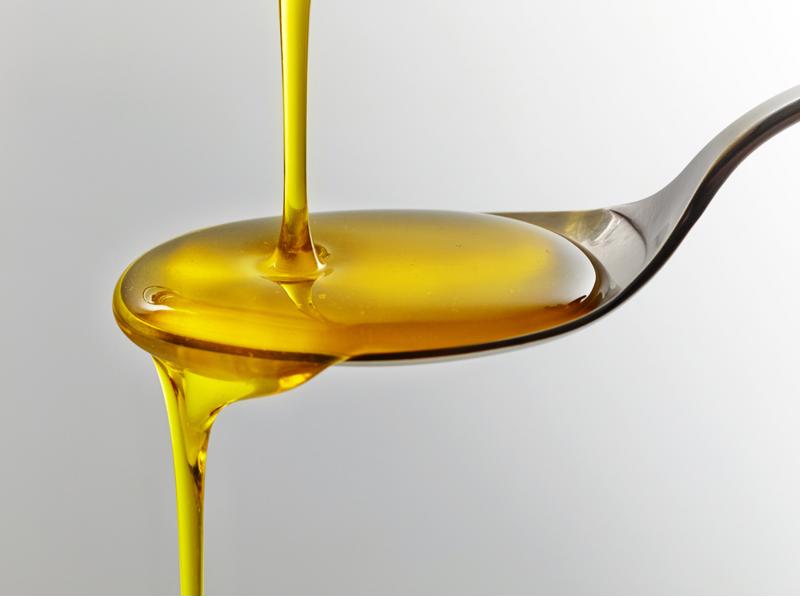Palm oil's use as a biofuel is also propelling the large demand for palm oil, with Europe having quickly become the world's second largest consumer of the product, in the wake of its growing shift toward biodiesel. The demand worldwide for palm oil will only keep growing, Vantage Market Research recently put out a press release stating their prediction that the market for palm oil will grow by $13 billion dollars by 2022.
Why the ban?
The ban comes on the heels of a butterfly effect of global supply chain crises that have affected food prices globally, with every sort of cooking oil being hit by separate disasters. Reuters reported recently that drought had taken its toll on the Canadian canola crop and Argentinean soy. At the same time, Russia's military action in Ukraine and NATO's reprisal sanctions on Russia have completely sidelined the region that exports 3/4ths of all raw sunflowers in the world.
With this in mind, Indonesia, the worlds' largest producer of palm oil by a significant margin, decided to ban export of refined cooking oil to protect their domestic food prices in the wake of global inflation. Shortages and price hikes on oil have led to protests and disturbances in the country and become a hot-button political issue. Sourced from Bloomberg, Indonesian President Joko Widodo was quoted as saying, "Once the local need is fulfilled, surely I will revoke the export ban because I understand how the government needs taxes, needs overseas earnings, and needs a trade surplus". He then went on to say, "The people's (Indonesian's) need is a more important priority."

What are the potential worldwide consequences?
Due to its ubiquity, a sudden cut of the supply of palm oil could send many manufacturers and small businesses scrambling to find cheaper or more readily available alternatives. While many companies are saying that this measure is short term, changing which oils are used in a mass-produced recipe may cause short-term supply shortages and increased costs. The Associated Press has reported that Unilever has told their investors that palm oil and other edible oil costs may bite into their earnings in Q3 and Q4. End consumers who are already feeling the sting may have to deal with increased food prices in a period where food prices are already dramatically rising. If you're seeing an increase in food prices at your local grocery store, the state of the edible oil supply might be to blame.



Post A Comment:
0 comments so far,add yours